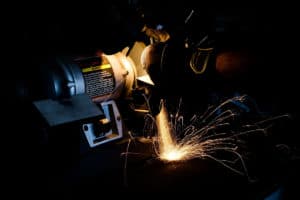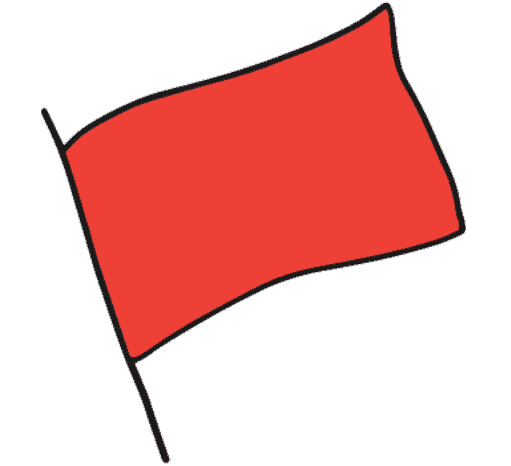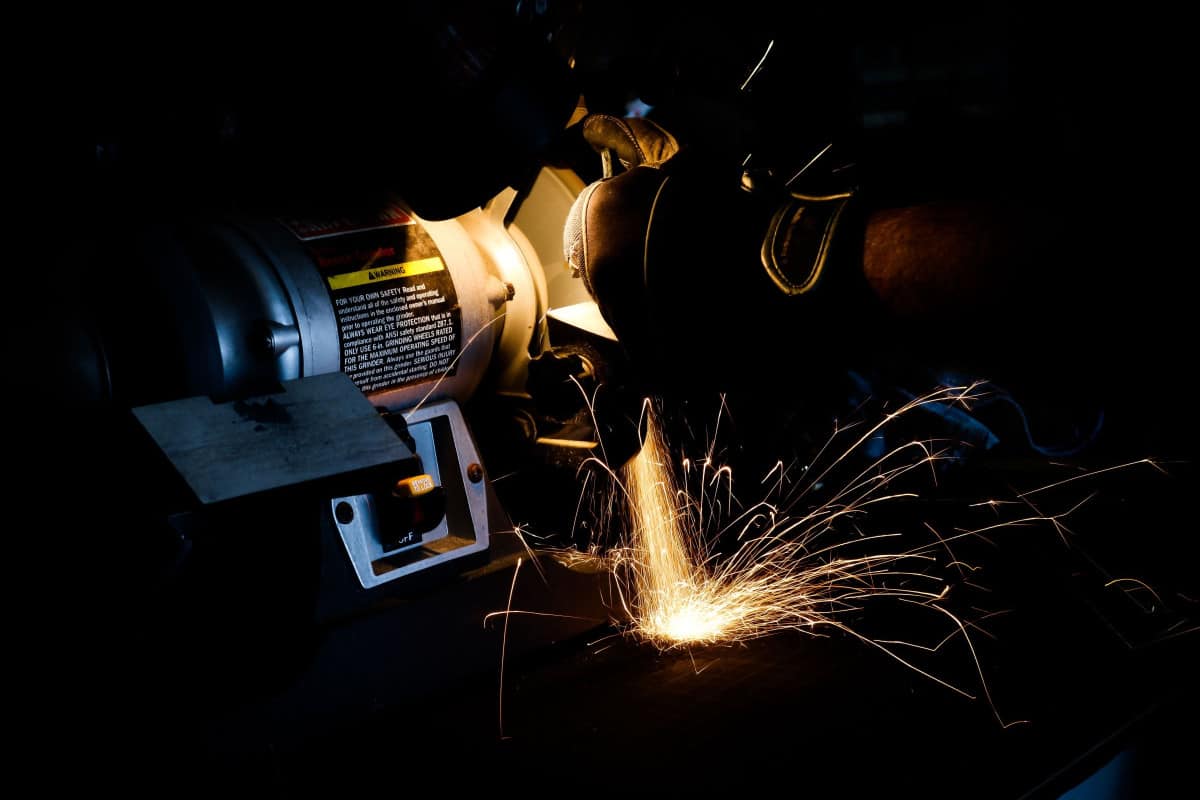There are many different ways a putter is made and milling a putter is one of the most common. Although I’ve heard of the word ‘milled putter’ before, I really had no clue what it was. So I decided to do some research and give you guys all the info I found.
What is a milled putter? A milled putter is any type of putter that is created from a larger block of metal. More specifically, a high-speed trimmer grinds away at a large piece of metal until the milled putter head is created.

More On Milled Putters
The term “Milled” just means that something was trimmed/grinded off. The way you would make a milled putter is the same way you would make a sculpture. Just like a sculptor would chip away at a large piece of stone to create a sculpture, a machine will trim away at a piece of metal to make the putter head.
Check out the video below to see how a milled putter is made.
Benefits Of A Milled Putter
Softer than other putters: As a result of having to be cut out of a large block of material, the metal used in milled putters is typically softer than material from other putters. A softer head means that the ball does not bounce as much off of the clubhead, giving the player more control over their putt. This means the putter is also great on faster greens.
Better feel: Because it is made of one solid piece of metal, the player can receive more feedback from the ball. Receiving more feedback from your club is beneficial because it will give you a better idea of how hard or soft to strike the ball. This will ultimately lead you to put more consistently, thus decreasing your strokes on the green.
Examples of Milled Putters
In case you are curious about what a milled putter looks like, below are some popular examples of milled putters. The most famous of milled putters is the Scotty Cameron.
Are Milled Putters More Expensive?
Generally, due to the cost of the material and machinery required to make a milled putter, they are typically more expensive than other types of putters. More specifically, the average price for a milled putter is anywhere from $300 to $400.
Because a milled putter is trimmed from a larger piece of metal, the amount of raw metal required to make one substantially higher than other styles. Additionally, the machinery that is used to trim the metal is also pretty pricey. The average price for a used milling machine can range anywhere from $60,000 to $480,000.
These factors ultimately bring the actual cost of making the putter head to around $60 to $75 each. Once you consider the cost of production, packaging, marketing, etc. its pretty understandable why a milled putter is so expensive.
Milled Putter vs Cast Putter vs Forged Putter
Broadly speaking, there are 3 common ways that a putter is crafted–milled, cast, or forged. We now know that a milled putter is one that is made from a larger material, but how are cast and forged different?
Cast Metal: Cast metal is created when a piece, or pieces, of metal are melted into liquid, and poured into a mold. Cast putters can be made up of different metals too, so they are the primary way to make alloy putters. Although cast metal putters are much stronger than milled putters, they are prone to developing air pockets, which could hurt the performance of the club.
Forged Metal: Forged metal is heated up to the point where it can be easily manipulated. Forged putters are typically made from one piece of the same metal.
When Was The First Milled Putter Made?
The first milled putter was made in 1982, by a man named Dick DeLaCruz in Carlsbad, California. Unlike today’s milled putters that are created with precise machinery, the older versions were milled by hand.
Before this, the most common type of putters were cast putters. Once milled putters hit the markets, they soon became some of the most commonly used putters.



